
Bethany Brookshire
Bethany Brookshire was the staff writer at Science News for Students from 2013 to 2021. She has a B.S. in biology and a B.A. in philosophy from The College of William and Mary, and a Ph.D. in physiology and pharmacology from Wake Forest University School of Medicine. She is also a host on the podcast Science for the People, and a 2019-2020 MIT Knight Science Journalism Fellow.

Trustworthy journalism comes at a price.
Scientists and journalists share a core belief in questioning, observing and verifying to reach the truth. Science News reports on crucial research and discovery across science disciplines. We need your financial support to make it happen – every contribution makes a difference.
All Stories by Bethany Brookshire
-
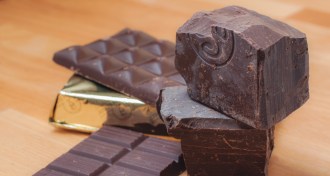 Neuroscience
NeuroscienceCocoa antioxidant sweetens cognition in elderly
Very high doses of antioxidants found in cocoa may prevent some types of cognitive decline in older adults. But that’s not an excuse to eat more chocolate.
-
 Animals
Animals‘Tis the season for white-nose syndrome in bats
While bats are active, the fungus that causes white-nose syndrome stays put in the caves the bats call home in winter. New findings show how the fungus varies through the seasons.
-
 Science & Society
Science & SocietyCompassionate colleagues can help labs restart after disaster
Scientists plan for many things, but often not for disaster. Two scientists share their story of recovery after Superstorm Sandy.
-
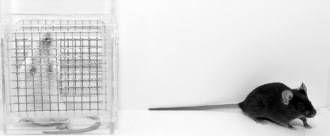 Neuroscience
NeuroscienceThe molecular path of best resilience
Many studies focus on susceptibility to stress and how it triggers depression. But a new study highlights a protein important in resilience, showing that resisting stress takes work, too.
-
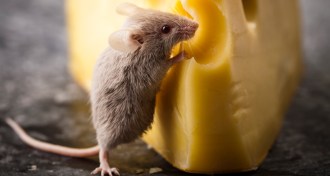 Health & Medicine
Health & MedicineAdd high-fat diet to the ‘don’t’ list for pregnant moms
There’s always controversy over what to eat while pregnant. Four animal studies at this year’s Society for Neuroscience meeting bring together negative effects of high-fat diets.
-
 Neuroscience
NeuroscienceAfter injury, estrogen may shield the brain
Estrogen helps to prevent some of the chronic inflammation that occurs after brain injury.
-
 Neuroscience
NeuroscienceMold may mean bad news for the brain
Living with mold isn’t good for your lungs. A study in mice shows that mold exposure may also cause inflammation that is bad for the brain.
-
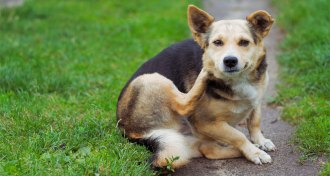 Neuroscience
NeuroscienceSerotonin lies at the intersection of pain and itch
Serotonin may help relieve pain, but it also causes itch. A study shows why scratching just makes it worse.
-
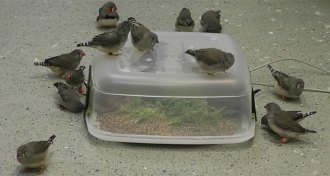 Neuroscience
NeuroscienceFor a friendlier zebra finch, just add stress
Adding stress hormones to the diet of developing zebra finches produced birds that were social butterflies.
-
 Climate
ClimateMelting ice forces walrus detour
Warming temperatures and shrinking summer ice cover have forced the animals to seek solid ground during feeding season.
-
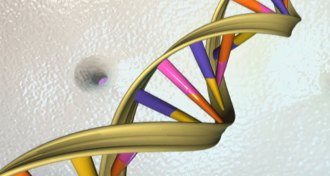 Neuroscience
NeuroscienceStudy of psychiatric disorders is difficult in man and mouse
Studying human psychiatric disorders in animals presents a challenge. A new study highlights one of the ways scientists can study human mutations by slipping them into mice.
-
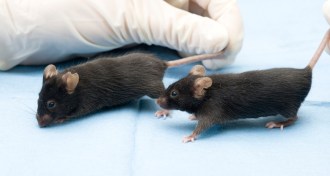 Science & Society
Science & SocietyIs NIH policy the best way to sex equality in studies?
A new NIH policy will require females to be studied alongside males in preclinical studies. The mandate comes with both opportunities and challenges, and little funding.